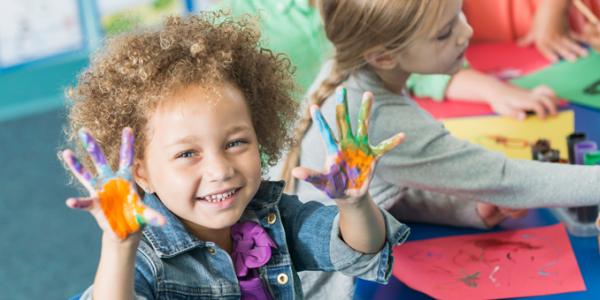In today’s world, the majority of young people know how to survive. With even the smallest amount of direction from people who have life experience, it’s possible to stay alive and remain relatively healthy for many years. However, as most people know, this is not enough in the modern world. Children and young adults must also have the opportunity to learn how to thrive, which is a completely different concept requiring unique knowledge and skills.
The question is: where do children go to gain this knowledge and to acquire these skills? How do they make sure they’re exposed to the correct influences and information that will get them beyond survival skills and give them a real opportunity to advance in the fast-pace of the 21st century?
Social Skills and Experience
It’s more than important for the youngest members of the population to learn how to thrive in social settings. The key elements here are communication and interpersonal activity. For the younger children, much of this learning comes from structured play. This is one of the four essential “pillars” that they learn in the environment at Thrive Early Learning Centre.
Of course, the next important step in helping young people to thrive comes from quality academic plans. But trying to pour massive amounts of information into young minds is not necessarily the way to accomplish academic thriving. Just as children learn social skills from structured play, they learn to think, solve problems, and create in programs that are both challenging and enjoyable. This is how they develop the ability to think critically and to use language productively.
Just a few decades ago, education programs and learning plans did not include emphasis on being part of nature. With the right instruction, children can thrive in connection with their environment. They can learn through such basic actions as watering plants and caring for vegetation, which shows them that they are a part of nature that must be cared for.
The Pillars
The foundation supporting a well-rounded, thriving individual is composed of four pillars – social, academic, ecology, and physical health. Just as it’s essential to have the knowledge and skills to work with and share with others, to think clearly and solve problems and to protect the environment that sustains us, each individual should do their part to remain healthy, through physical, enjoyable activity.
Putting children in the proper atmosphere, one that offers opportunities in each of these areas, may be the most important decision a parent can make. The first six years of a child’s life are more than important; they’re crucial. The experiences and knowledge children are exposed to in those few years are actual building blocks in the foundation of the rest of their lives.




